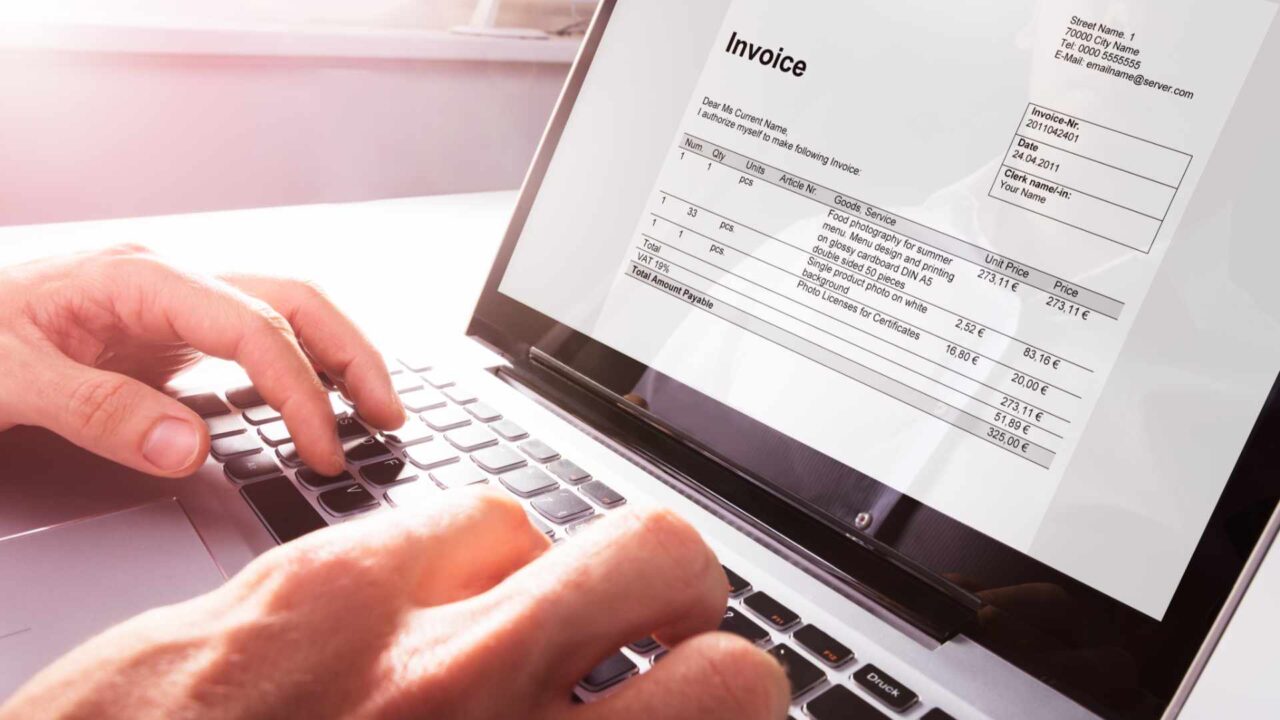Mandatory electronic invoicing (e-invoicing) is becoming ever more significant in Europe. With the introduction of a statutory framework for e-invoicing, Serbia has set up clear requirements which will impact companies, authorities, and taxpayers alike.
This article provides a comprehensive overview over the regulatory requirements and shows how companies can best navigate this change.
Background: Step-by-step introduction of mandatory e-invoicing
The introduction of electronic invoicing in Serbia began incrementally, in order to meet the differing requirements of government authorities and companies. The legal basis is provided by Act 44/2021, which came into force on May 7th, 2021, and set out the following schedule for introducing the regulations:
- May 2022: Companies in the private sector are required to provide invoices to public sector organizations (B2G) in electronic form. Public sector organizations must be able to receive and archive e-invoices.
- July 2022: Public sector institutions are obliged to send electronic invoices to companies in the private sector (G2B). At the same time, these companies must be in a position to receive and store such invoices.
- January 2023: Electronic invoices become mandatory for business-to-business (B2B) transactions.
Technical and legal requirements
The Serbian government has established Sistem eFaktura (SeF), a centralized platform which facilitates the exchange, validation and archiving of electronic invoices. The most important technical requirements at a glance:
- Invoice format: Serbian e-invoices must be issued in XML format in accordance with UBL 2.1. This also requires compliance with the CIUS specifications outlined in the EU’s EN 16931 standard.
- Access to the platform: Companies need to register with a qualified electronic certificate, after which they have the option of either submitting invoices manually via the platform or automating the submission of invoices through an API.
- Archiving: B2G invoices have to be archived for 10 years. The same requirement applies for B2B invoices, but is augmented by annual auditing obligations.
- Authorization: A core aspect of the Serbian e-invoicing system is the deadline for approving or rejecting a submitted invoice. This has been set at 15 days from receipt of the invoice.
Sanctions and penalties against non-compliance with the regulations
Companies failing to comply with the electronic invoicing regulations in Serbia face severe penalties. Here are the key details:
- Fines for companies: Between €1,700 and €17,000 per violation.
- Personal fines for CEOs: Between €420 and €1,270 per violation.
These fines underscore the importance of complying with the statutory requirements, especially for companies dealing with high invoice volumes on a regular basis.
Challenges for internationally active companies
Multinational companies, in particular, find themselves facing language and organizational obstacles. For instance, the technical instructions and training materials provided by the Serbian finance ministry are only available in the Serbian language. This can have a severely detrimental effect on integration and training for IT and finance departments, which are often centralized.
How can companies best proceed to fulfill these requirements?
Companies can manage the transition efficiently if they pay careful attention to the following steps:
- Ensuring international compliance: A coordinated effort by the IT and finance departments to align themselves with the requirements of the Serbian system.
- Technical integration: Use the APIs provided by Sistem eFaktura to send and receive invoice data directly via your ERP system. Certain prerequisites need to be considered with regard to using the system.
- Benefit from local expertise: Collaborate with certified service providers who have gained experience on the Serbian market and can provide you with valuable support when it comes to implementation and training.
- Timely preparations: Start implementation well in advance and test your systems thoroughly in the provided testing environment.
Conclusion
The introduction of mandatory electronic invoicing in Serbia represents another step on the path towards digital transparency and efficiency. For companies, this provides a golden opportunity to optimize internal processes and save costs over the long term. However, the implementation needs to be planned meticulously to ensure that the legal and technical requirements are fulfilled.
Retarus supports companies in introducing e-invoicing solutions which meet the Serbian requirements. Talk to us about establishing secure, efficient processes.
Following this approach, your company can ensure compliance while also enjoying the benefits of state-of-the-art billing processes.




